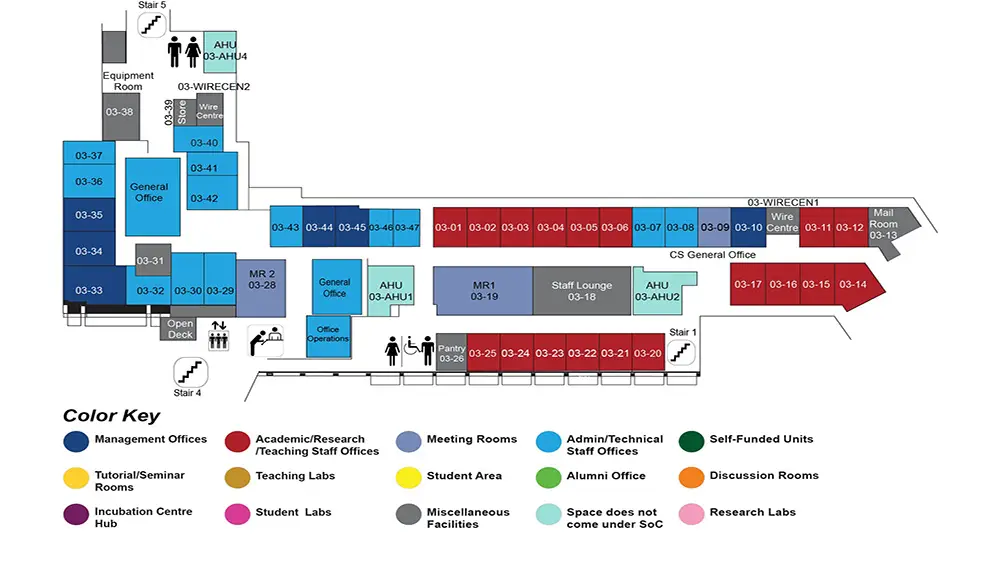Differentiable Fluid Simulations for Deep Learning
COM1 Level 3
MR1, COM1-03-19

Abstract:
In this talk, I will focus on the possibilities that arise from recent advances in the area of deep learning for accelerating and improving physics simulations. In this context, the Navier-Stokes equations represent an interesting and challenging advection-diffusion PDE that poses a variety of challenges for deep learning methods.
In particular, I will focus on highlighting how differentiable fluid solvers can guide deep learning processes, and support finding desirable solutions. The existing numerical methods for efficient solvers can be leveraged within learning tasks to provide crucial information in the form of reliable gradients to update the weights of a neural network. Interestingly, it turns out to be beneficial to combine supervised and unsupervised approaches. The former poses a much simpler learning task by providing explicit reference data that is typically pre-computed. Unsupervised learning on the other hand can provide gradients for a larger space of states that are only encountered during training runs. Here, differentiable solvers are particularly powerful to, e.g., provide neural networks with feedback about how inferred solutions influence the long-term behavior of a physical model.
I will demonstrate this concept with several examples of force-based interactions with fluids. Learning with differentiable solvers represents a very promising direction within the larger field of physics-based deep learning. I will conclude by discussing current limitations and by giving an outlook about promising future directions.
Biodata:
Nils Thuerey is an Associate-Professor at the Technical University of Munich (TUM). He works in the field of computer graphics, where a central theme of his research are physics simulations and deep learning algorithms. He acquired a Ph.D. for his work on liquid simulations in 2006 from the University of Erlangen-Nuremberg. Until 2010 he held a position as a post-doctoral researcher at ETH Zurich. He received a tech-Oscar from the AMPAS in 2013 for his research on controllable smoke effects. Subsequently, he worked for three years as R&D lead at ScanlineVFX, before starting at TUM in October 2013.

